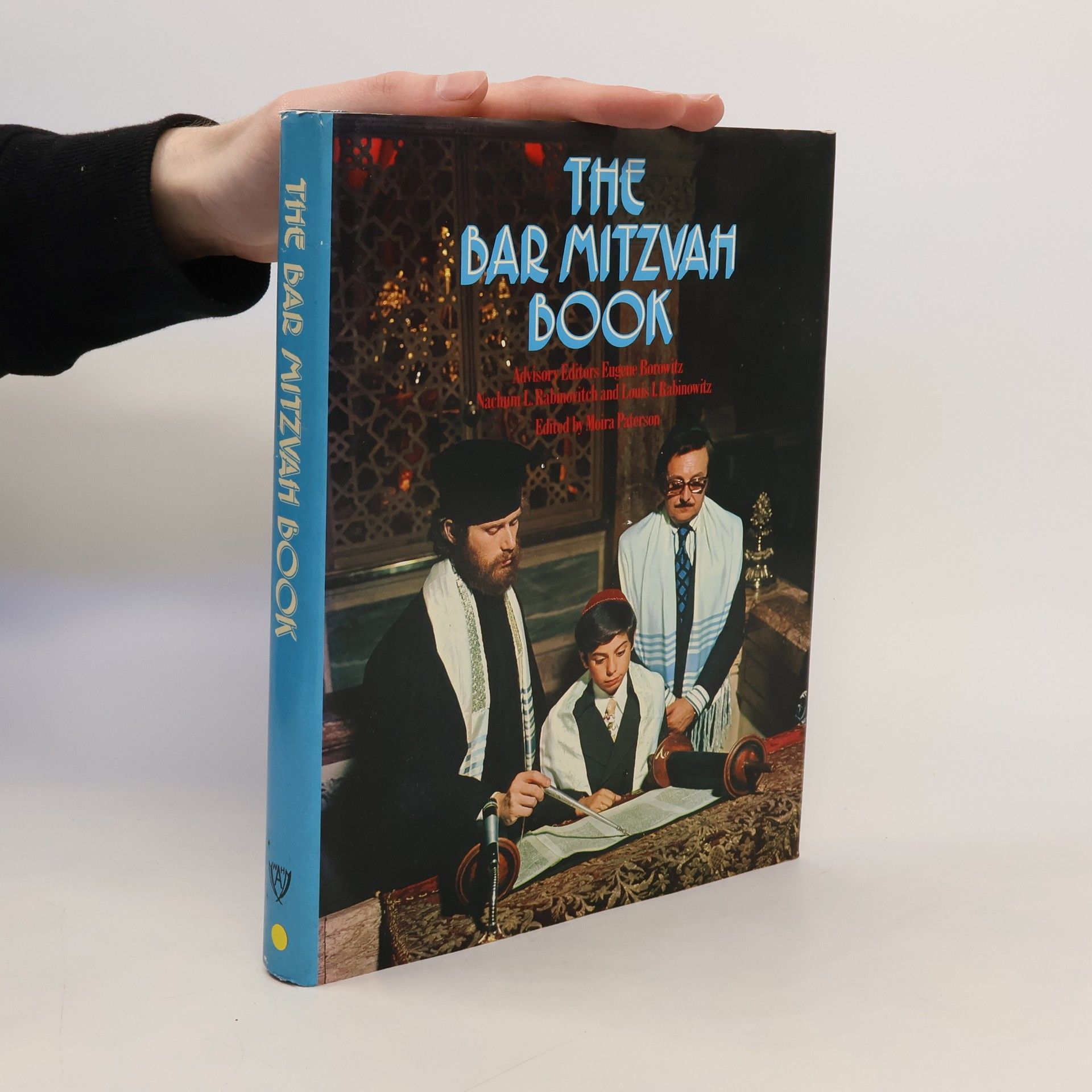The Bar Mitzvah Book
- 224 pages
- 8 hours of reading
The Bar Mitzvah book will provide all the details one needs to know regarding the subject of Bar Mitzvah.
Eugene B. Borowitz is a distinguished scholar focusing on Jewish religious thought and its intersection with education. His work delves into the profound connections between Jewish intellectual traditions and pedagogical approaches, exploring their relevance in contemporary life. Borowitz's writing is characterized by its thoughtful analysis and commitment to illuminating the landscape of Jewish philosophy. Readers will find his contributions intellectually stimulating and inspiring.

The Bar Mitzvah book will provide all the details one needs to know regarding the subject of Bar Mitzvah.